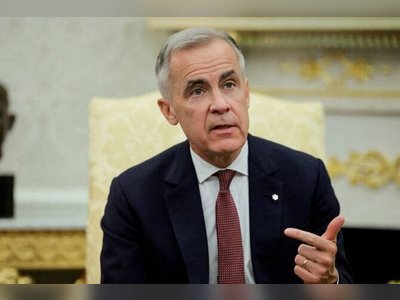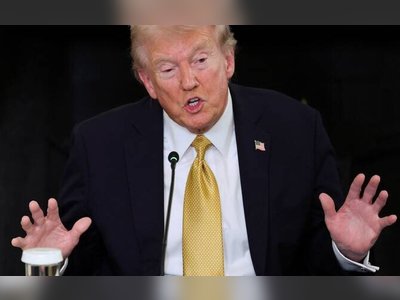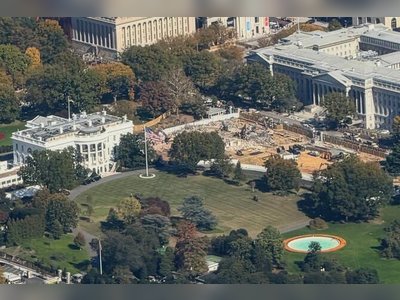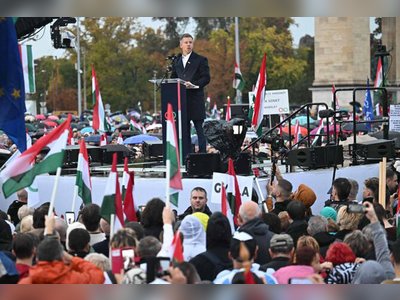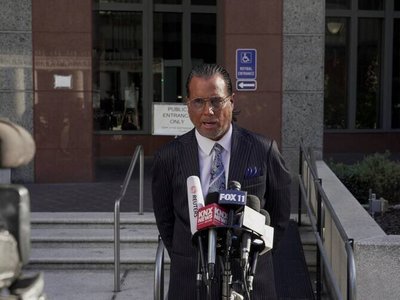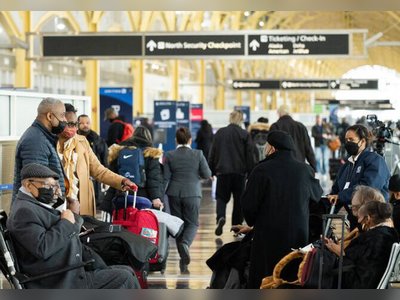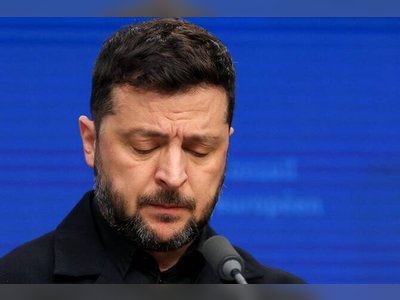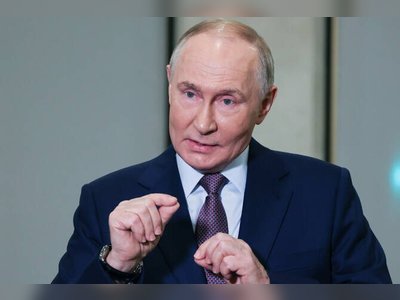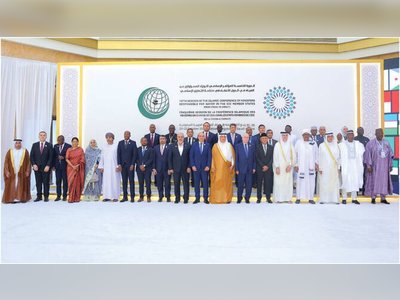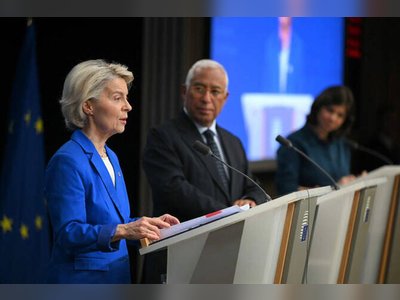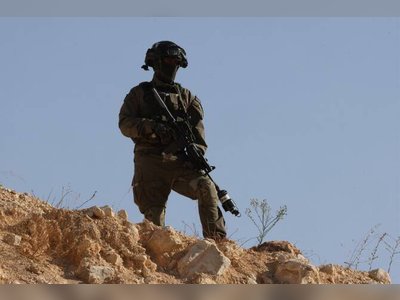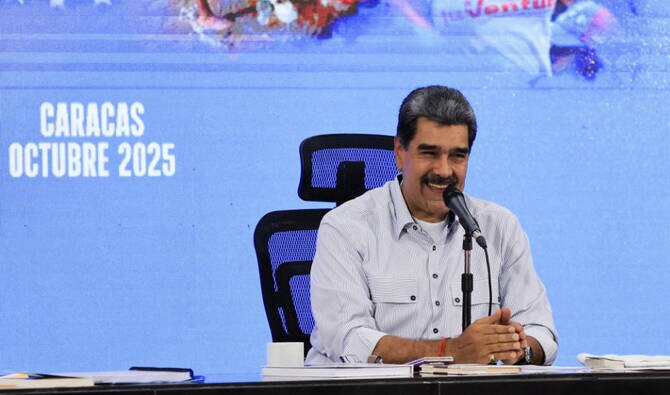
Venezuelan President Maduro Appeals for Peace Amid Rising US Tensions
In a plea addressed to the United States, Venezuelan President Nicolas Maduro urges against the onset of conflict as tensions escalate between the two nations.
CARACAS: Venezuelan President Nicolas Maduro has issued an appeal in English, calling on Washington to refrain from engaging in hostilities.
This development comes amid rising tensions and the announcement by U.S. President Donald Trump that covert actions against Venezuela have been authorized.
The plea for peace was made during a meeting with union leaders aligned with Maduro, a former bus driver and prominent union figure.
In his address, Maduro emphasized the importance of maintaining peaceful relations: "Yes peace, yes peace forever, peace forever.
No crazy war, please!"
The U.S. has been conducting military operations in both the Caribbean and Pacific regions, deploying stealth warplanes and naval vessels under the pretext of anti-narcotics efforts.
However, concrete evidence linking these operations to drug trafficking remains absent.
Since September 2nd, the strikes carried out by the U.S. have resulted in the loss of at least 37 lives, according to an AFP tally based on provided data from the U.S. This escalation has led to heightened regional tensions, with Maduro accusing Washington of seeking regime change and attempting to destabilize his government.
Trump has confirmed that covert CIA operations are underway in Venezuela, suggesting a potential expansion of military actions against alleged drug cartels on land.
The Republican president accuses Maduro of heading a drug cartel, a charge the Venezuelan leader vehemently denies.
Venezuela’s defense minister, Vladimir Padrino, addressed these developments stating, "We know the CIA is present" in Venezuela.
He warned that any covert operations by the U.S. would face failure.
In response to the U.S. military presence in the Caribbean and the threat of further actions, Padrino oversaw military exercises along Venezuela’s coastline.
The legal implications of using lethal force against suspects who have not been apprehended or questioned in foreign waters have sparked debate among experts.
This development comes amid rising tensions and the announcement by U.S. President Donald Trump that covert actions against Venezuela have been authorized.
The plea for peace was made during a meeting with union leaders aligned with Maduro, a former bus driver and prominent union figure.
In his address, Maduro emphasized the importance of maintaining peaceful relations: "Yes peace, yes peace forever, peace forever.
No crazy war, please!"
The U.S. has been conducting military operations in both the Caribbean and Pacific regions, deploying stealth warplanes and naval vessels under the pretext of anti-narcotics efforts.
However, concrete evidence linking these operations to drug trafficking remains absent.
Since September 2nd, the strikes carried out by the U.S. have resulted in the loss of at least 37 lives, according to an AFP tally based on provided data from the U.S. This escalation has led to heightened regional tensions, with Maduro accusing Washington of seeking regime change and attempting to destabilize his government.
Trump has confirmed that covert CIA operations are underway in Venezuela, suggesting a potential expansion of military actions against alleged drug cartels on land.
The Republican president accuses Maduro of heading a drug cartel, a charge the Venezuelan leader vehemently denies.
Venezuela’s defense minister, Vladimir Padrino, addressed these developments stating, "We know the CIA is present" in Venezuela.
He warned that any covert operations by the U.S. would face failure.
In response to the U.S. military presence in the Caribbean and the threat of further actions, Padrino oversaw military exercises along Venezuela’s coastline.
The legal implications of using lethal force against suspects who have not been apprehended or questioned in foreign waters have sparked debate among experts.
